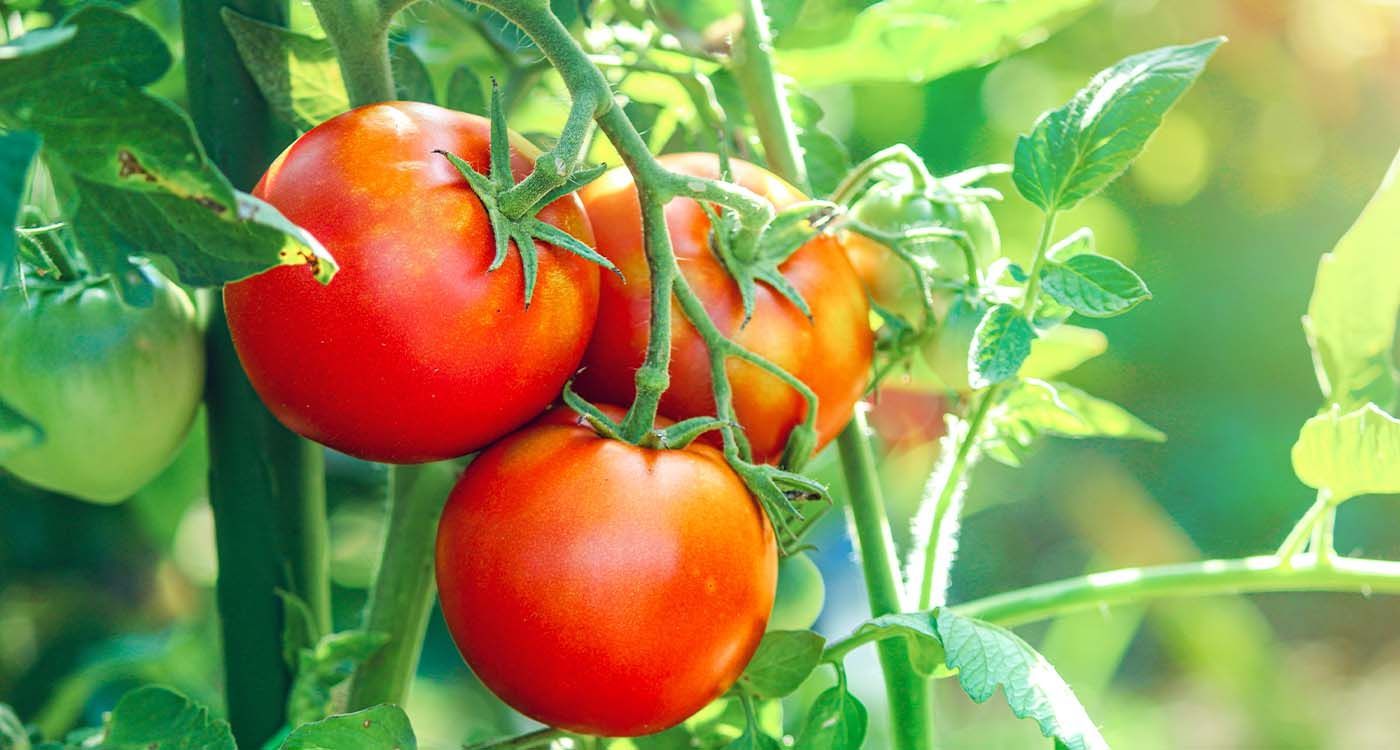
Once the unassuming star of Lebanese cuisine, the tomato has assumed near-diva status. In just a few weeks, its price has soared to an eye-watering 150,000 Lebanese pounds per kilo, a record that has left homemakers, restaurateurs, and farmers stunned. But behind this dramatic spike lies more than just a spell of hot weather.
Across produce stalls from Beirut to Zahlé, from the South to the North, conversations brim with disbelief and nostalgia: “Remember when a kilo of tomatoes cost 20,000 pounds?” That was only a few months ago. Today, the same kilo fetches up to seven times that price.
According to one tomato grower, this surge is rooted in the heavy losses farmers suffered over the summer: “For four months, the kilo was selling for 15,000 or 20,000 pounds. Some farmers even abandoned their fields, it just wasn’t worth harvesting anymore.”
Now, as seasons shift and markets moods follow, open-field tomatoes have all but disappeared. “It’s greenhouse tomatoes now, from the Bekaa or the South, much costlier to produce due to expensive labor, scarce rainfall, and high irrigation costs,” the grower adds.
Winter Is Coming and Prices Are Climbing
Vegetable prices typically begin to rise in October, but this year the increase has been sharper and faster. “It’s not just tomatoes. Every vegetable is set to go up,” the farmer warns.
The reasons are twofold: greenhouse cultivation is costly, and demand is outpacing supply
And for a good reason: in Lebanon, the tomato is no ordinary crop. From fattoush to tabbouleh and chanklish, it graces nearly every Lebanese table. A shortage is simply not an option.
Between Market and Kitchen: A Delicate Balance
This surge perfectly captures the familiar rhythm of agricultural markets: long periods of loss followed by sudden rebounds. For Ibrahim Tarshishi, president of the National Farmers’ Union, this increase is “painful for consumers but necessary for producers.”
It allows farmers to recover from months of losses and sustain future production.
As for importing foreign tomatoes, Tarshishi is unequivocal. “That would deprive our farmers of their only chance to make a profit and would threaten local agriculture.”
In other words, better expensive tomatoes than none at all.
In a country where the economy often grows askew, the Lebanese tomato offers a simple reminder: even nature comes at a price.
Caught between erratic weather, rising costs, and relentless demand, the market follows its own logic, sometimes cruel, always inevitable.
Until sunnier days return and affordable tomatoes reappear, one piece of advice: savor every slice like a small national luxury. Because in Lebanon, even tabbouleh has learned to live with inflation.




Comments